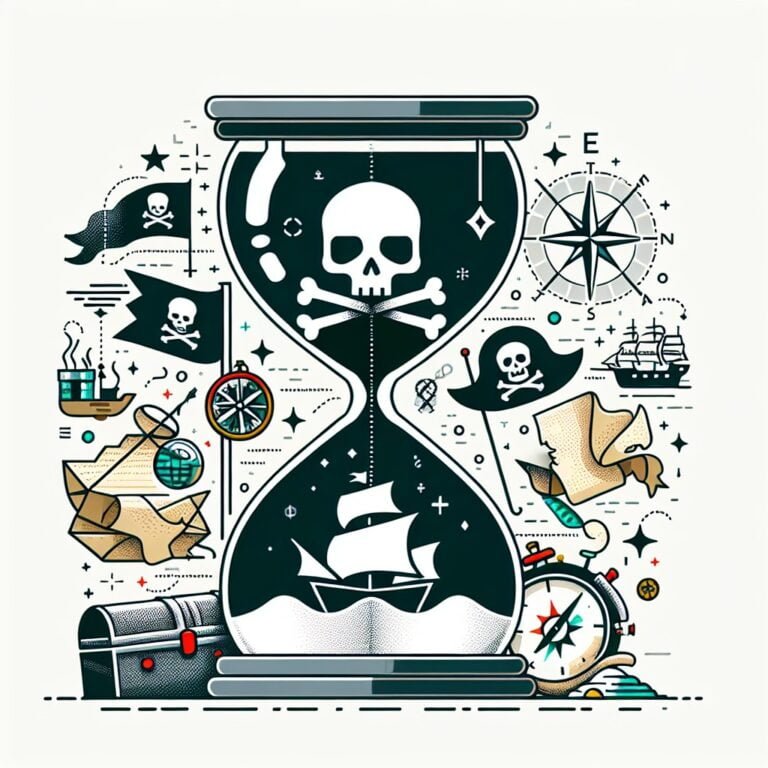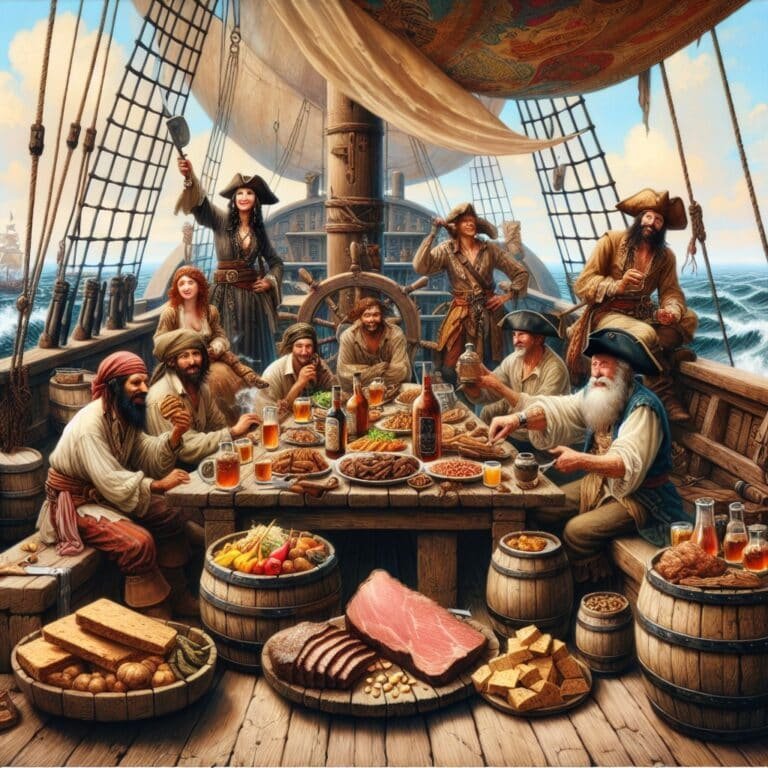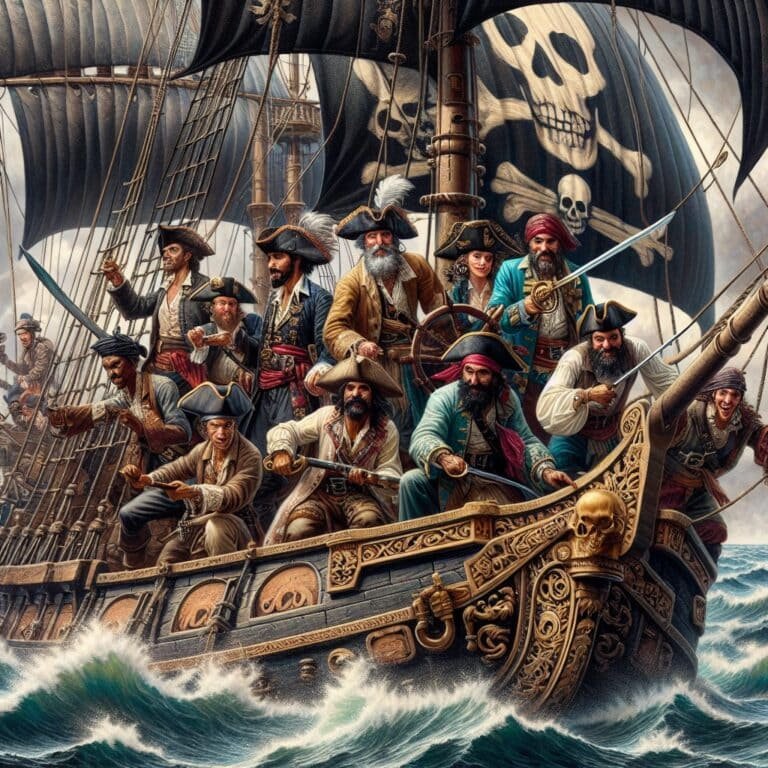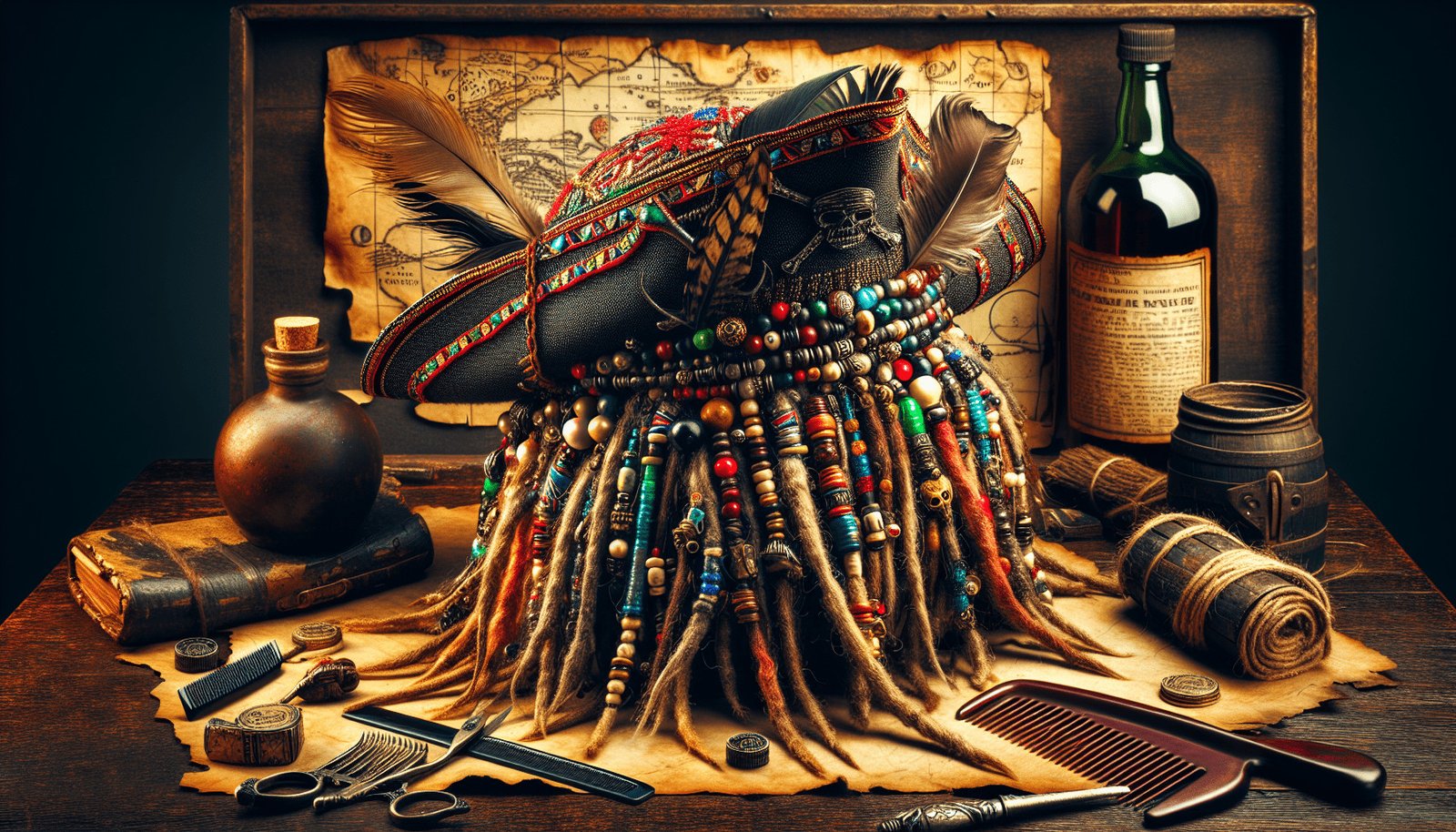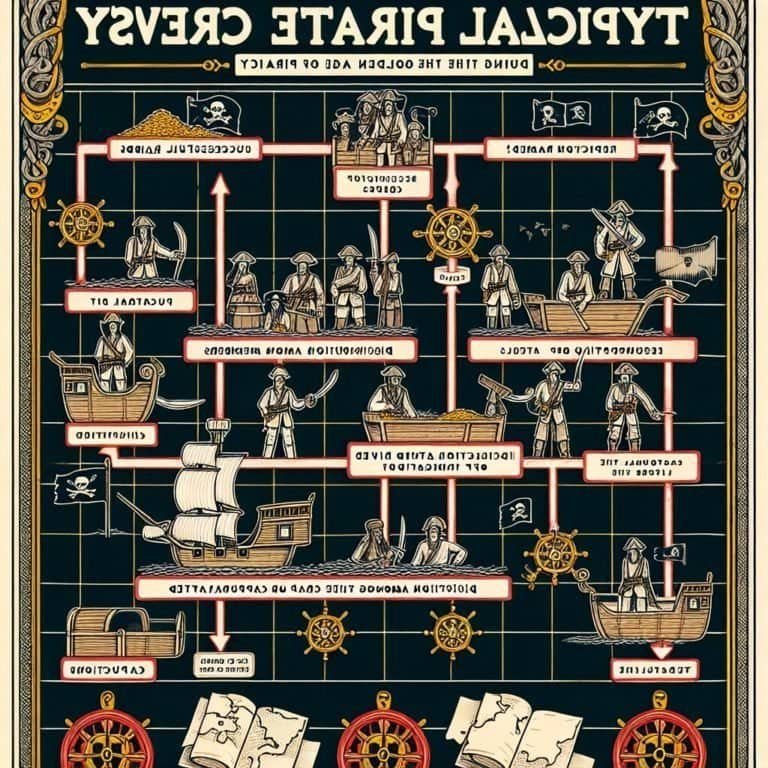## The Intrigue of Double Agents in Golden Age Piracy
The Golden Age of Piracy (approximately 1650-1730) was a period of maritime lawlessness, marked by infamous figures like Blackbeard and Bartholomew Roberts. While romanticized in popular culture, pirate life was often brutal and fraught with danger. This period witnessed a unique phenomenon: the infiltration of double agents within pirate crews.
A Breeding Ground for Deception
The high seas, by their very nature, presented an ideal environment for double-crossing and treachery. Lacking the strictures of organized governments, pirate crews relied heavily on trust and loyalty, yet these were often fragile commodities. Alliances were fluid, perspectives varied, and the lure of treasure was a powerful motivator.
The Role of Alcohol and Rum
Alcohol, primarily rum, played a significant role in pirate life. Its availability and frequent consumption arguably lowered inhibitions and fostered a climate where secrets could be whispered and allegiances shifted more easily. While it undoubtedly contributed to camaraderie, it also served as a catalyst for conflict and deception. Bargains struck in drunken stupors were easily broken, and confessions gleaned under the influence held little weight the next morning.
Navigating the Lack of Law
The absence of legal systems on the open ocean empowered individuals to act with impunity. Double agents thrived in this lawless environment, using the anonymity it offered to operate within pirate crews. They could exploit existing rivalries, manipulate situations for personal gain, and vanish into the vast expanse of the sea should their machinations be exposed.
The Psychology of Spycraft
Understanding the motivations behind double agents is crucial. Some individuals might have been motivated by financial gain, seeking to betray their crew for a share of the treasure. Others might have sought revenge against a pirate captain or been coerced into espionage by rival factions. The intricacies of personal ambition, greed, and ingrained fears blended to create a complex tapestry of motivations.
The Legacy of Deception
The practice of espionage within pirate crews highlights the human element at play in even the most romanticized historical periods. It reminds us that beneath the surface of swashbuckling adventures and buried treasure, the Golden Age of Piracy was a period of complex relationships, shifting alliances, and calculated betrayals.
Beyond the Book:
* Explore primary sources like pirate journals and ship logs for accounts of suspected double agents and instances of betrayal.
* Delve deeper into the historical context of specific pirate captains and their crews to uncover patterns of infiltration and deceit.
* Analyze the portrayal of double agents in literary works and popular films to understand how this theme has evolved over time.
By delving into the historical realities and intricate motivations behind these clandestine operations, we gain a richer and more nuanced understanding of the Golden Age of Piracy.

